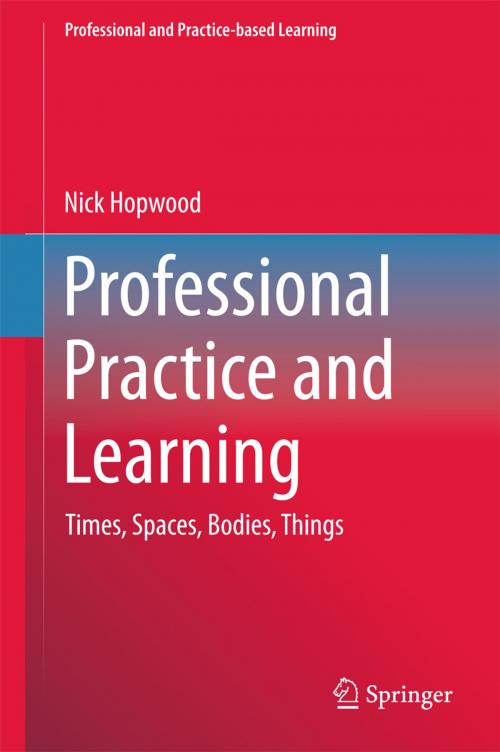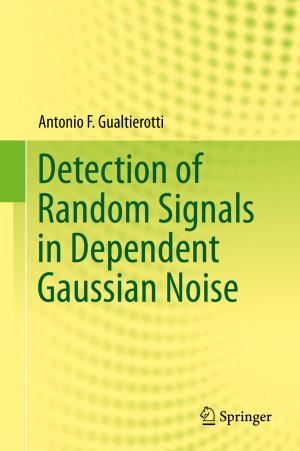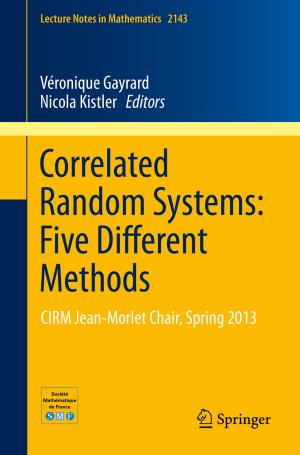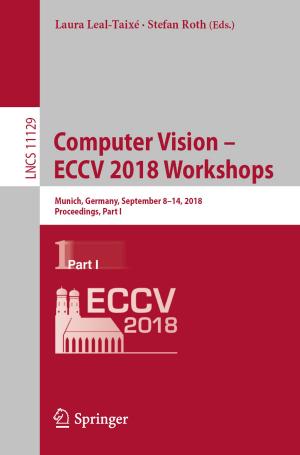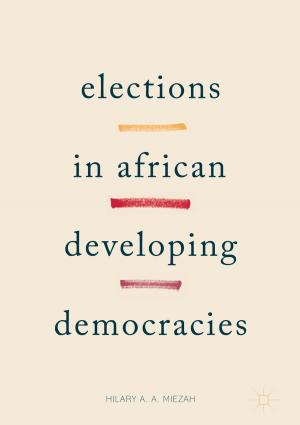Professional Practice and Learning
Times, Spaces, Bodies, Things
Nonfiction, Reference & Language, Education & Teaching, Educational Theory, Adult & Continuing Education, Counseling & Guidance| Author: | Nick Hopwood | ISBN: | 9783319261645 |
| Publisher: | Springer International Publishing | Publication: | January 22, 2016 |
| Imprint: | Springer | Language: | English |
| Author: | Nick Hopwood |
| ISBN: | 9783319261645 |
| Publisher: | Springer International Publishing |
| Publication: | January 22, 2016 |
| Imprint: | Springer |
| Language: | English |
This book explores important questions about the relationship between professional practice and learning, and implications of this for how we understand professional expertise. Focusing on work accomplished through partnerships between practitioners and parents with young children, the book explores how connectedness in action is a fluid, evolving accomplishment, with four essential dimensions: times, spaces, bodies, and things. Within a broader sociomaterial perspective, the analysis draws on practice theory and philosophy, bringing different schools of thought into productive contact, including the work of Schatzki, Gherardi, and recent developments in cultural historical activity theory. The book takes a bold view, suggesting practices and learning are entwined but distinctive phenomena. A clear and novel framework is developed, based on this idea. The argument goes further by demonstrating how new, coproductive relationships between professionals and clients can intensify the pedagogic nature of professional work, and showing how professionals can support others’ learning when the knowledge they are working with, and sense of what is to be learned, are uncertain, incomplete, and fragile.
This book explores important questions about the relationship between professional practice and learning, and implications of this for how we understand professional expertise. Focusing on work accomplished through partnerships between practitioners and parents with young children, the book explores how connectedness in action is a fluid, evolving accomplishment, with four essential dimensions: times, spaces, bodies, and things. Within a broader sociomaterial perspective, the analysis draws on practice theory and philosophy, bringing different schools of thought into productive contact, including the work of Schatzki, Gherardi, and recent developments in cultural historical activity theory. The book takes a bold view, suggesting practices and learning are entwined but distinctive phenomena. A clear and novel framework is developed, based on this idea. The argument goes further by demonstrating how new, coproductive relationships between professionals and clients can intensify the pedagogic nature of professional work, and showing how professionals can support others’ learning when the knowledge they are working with, and sense of what is to be learned, are uncertain, incomplete, and fragile.
